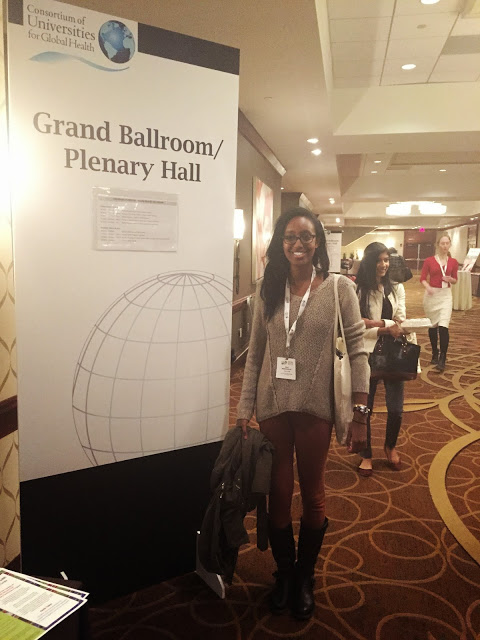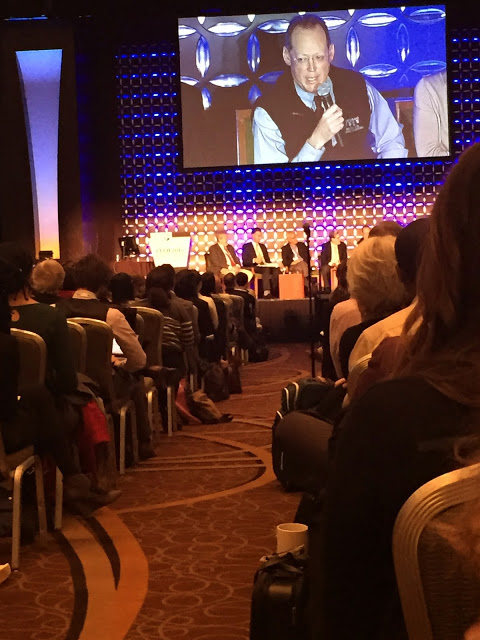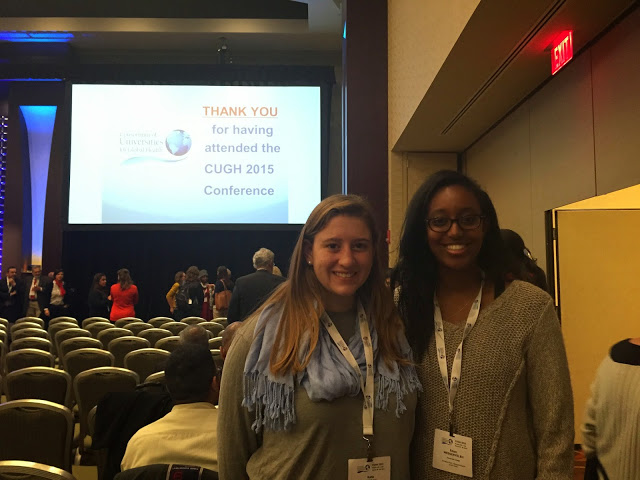- Public Policy
- Leadership
- Funding
- News & Events
- About the Center
Back to Top Nav
Back to Top Nav
Back to Top Nav
Back to Top Nav
Students reflect on the opportunities provided to them by the Rockefeller Center's Mini-Grants program through this ongoing series. The Mini-Grants program funds registration fees for students attending conferences relevant to the Rockefeller Center's mission as well as the costs of bringing speakers to the Dartmouth campus.
 |
| Edom Wessenyeleh '17 at the Consortium of Universities for Global Health Conference. |
The 2015 Annual Consortium of Universities for Global Health's (CUGH) conference was the perfect segue between working at Operation ASHA in New Delhi this past winter term, and returning to Dartmouth to take courses with an emphasis on global health. At Operation ASHA, a tuberculosis prevention and treatment NGO, I witnessed and helped combat, the inequalities that exist in global healthcare systems today. Through the utilization of community health workers and cost-efficient technologies, Operation ASHA is just beginning to break down some of the largest barriers that deny millions of people affordable and accessible healthcare. After my experience in Delhi, CUGH facilitated its annual conference where some of the biggest contributors to the rapidly growing field of global health were present and willing to share their own experiences and insights with thousands of medical professionals and students.
 |
| Paul Farmer, Co-Founder of Partners in Health. |
Over the course of three days, the conference covered comprehensive and diverse topics such as infectious diseases, food security, the drivers of non-communicable diseases, and health systems improvement. The conference was extremely valuable because it turned the concrete and visible dilemmas faced by Operation ASHA into a proactive and engaging forum for larger discussions about resource allocation and intervention implementation. The conference allowed me to take a step back and analyze my experience in Delhi and beyond from an assortment of different lenses, magnifying both macro and micro factors of addressing healthcare issues.
 |
| Edom Wessenyeleh, right, representing Operation ASHA at CUGH 2015. |